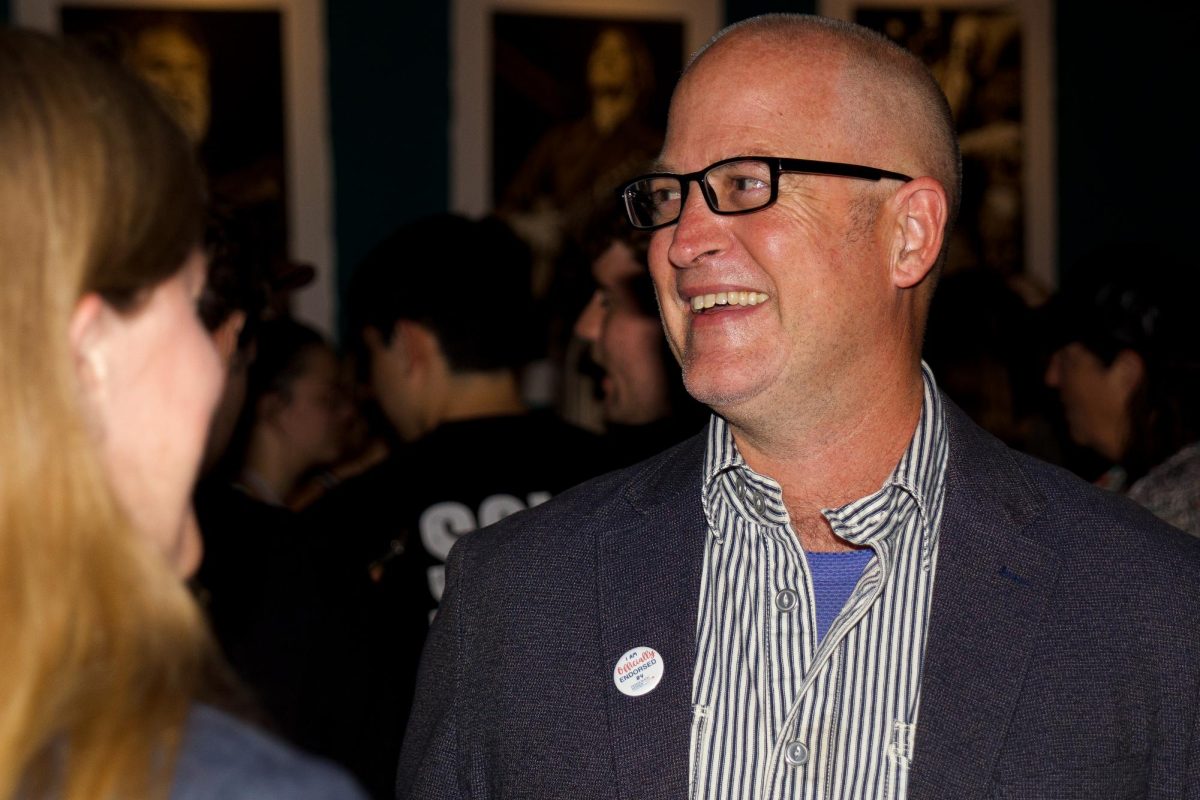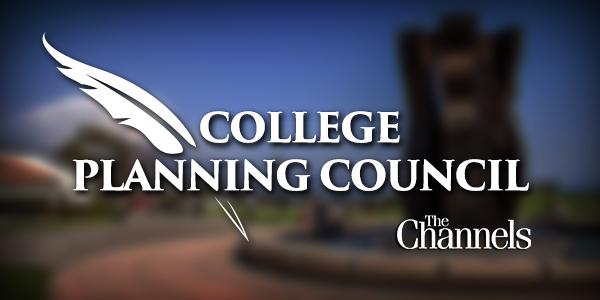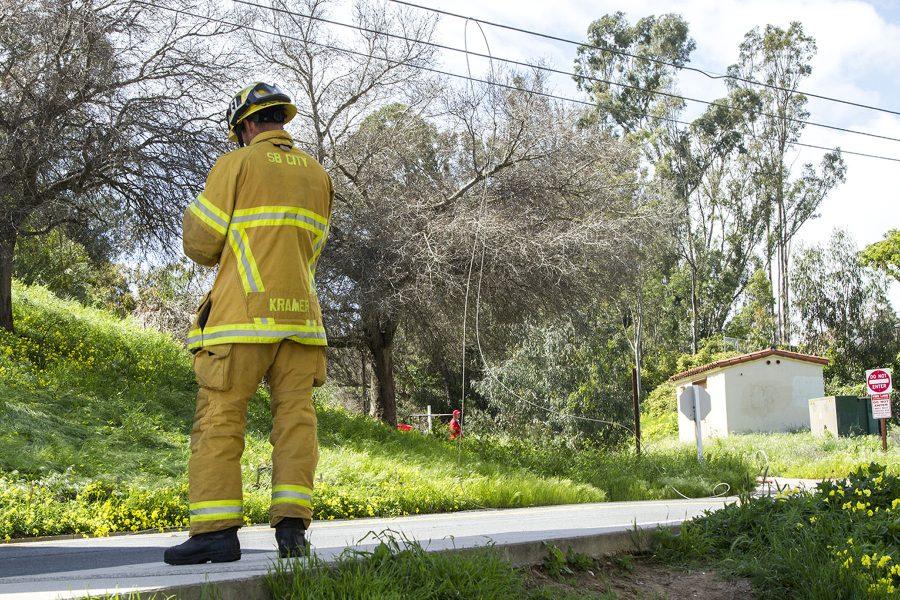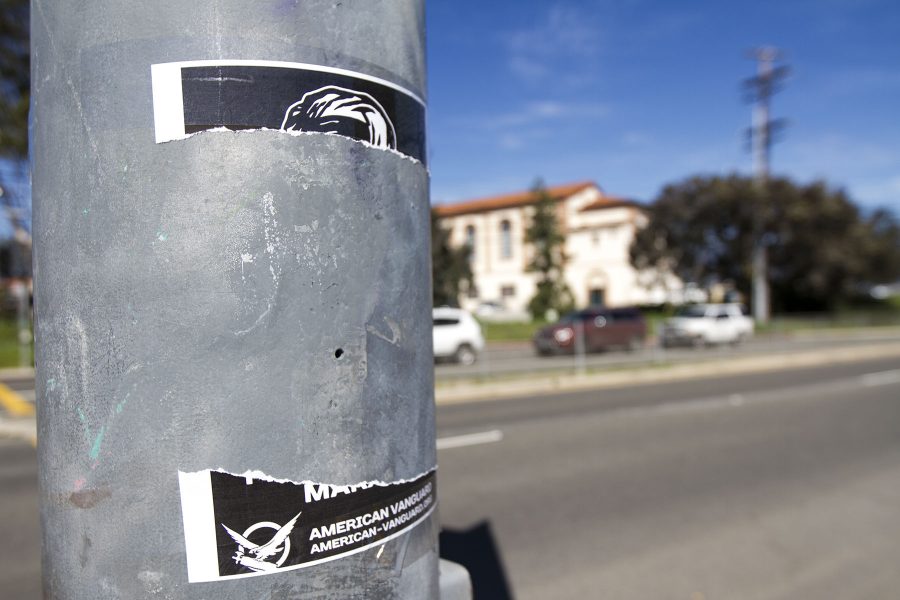City College may soon become completely smoke-free with the removal of the campus’s designated smoking areas in the fall 2013 semester.
The designated smoking areas, which have been a part of campus for nine years, may be removed after a proposal was made at the April 2 College Planning Council meeting. Smoking would only be allowed in cars in the parking lot.
“I was stunned when I came on campus and found that we had smoking areas,” said Superintendent President Dr. Lori Gaskin. “This degrades the campus so much.”
Joe Sullivan, vice president of business services, created the proposal after receiving multiple complaints about secondhand smoke and cigarette butts being littered around the smoking areas.
“If you have asthma … and you have to walk through smoke, it can cause issues,” he said.
Many council members were in agreement with eliminating smoking, but were concerned with how the college would be able to enforce an absolute ban. Comparing it to the problem of skateboarding on campus, councilors felt that students would still smoke even without the designated areas.
“What are we really going to do to enforce this and make it realistic?” asked Academic Senate representative Kathy O’Connor. “We shouldn’t have a law if were not going to enforce it.”
Councilors agreed that removal of the smoking areas would make it easier to enforce the ban, but security staff and peer pressure would help complete the ruling.
While no one advocated smoking, some councilors weren’t sure if a total campus ban was the best solution to the issue.
“I hate smoking,” said English Instructor Kim Monda “I just feel like [students’] days would be a lot harder if they can’t do that. Some people don’t have cars.”
Councilors also decided the college should increase efforts to help smokers quit to ease the transition to a smoke-free campus. The Health Services center on campus offers a Tobacco Cessation program to help students who are trying to quit smoking or chewing.
“Just because it’s not 100 percent effective doesn’t mean we shouldn’t do it,” said Academic Senate President Dean Nevins. “Most of the things we do aren’t 100 percent effective.”
The council will vote on the proposal following further discussion. If the proposal is passed, the ban would include the Schott and Wake Center.
















